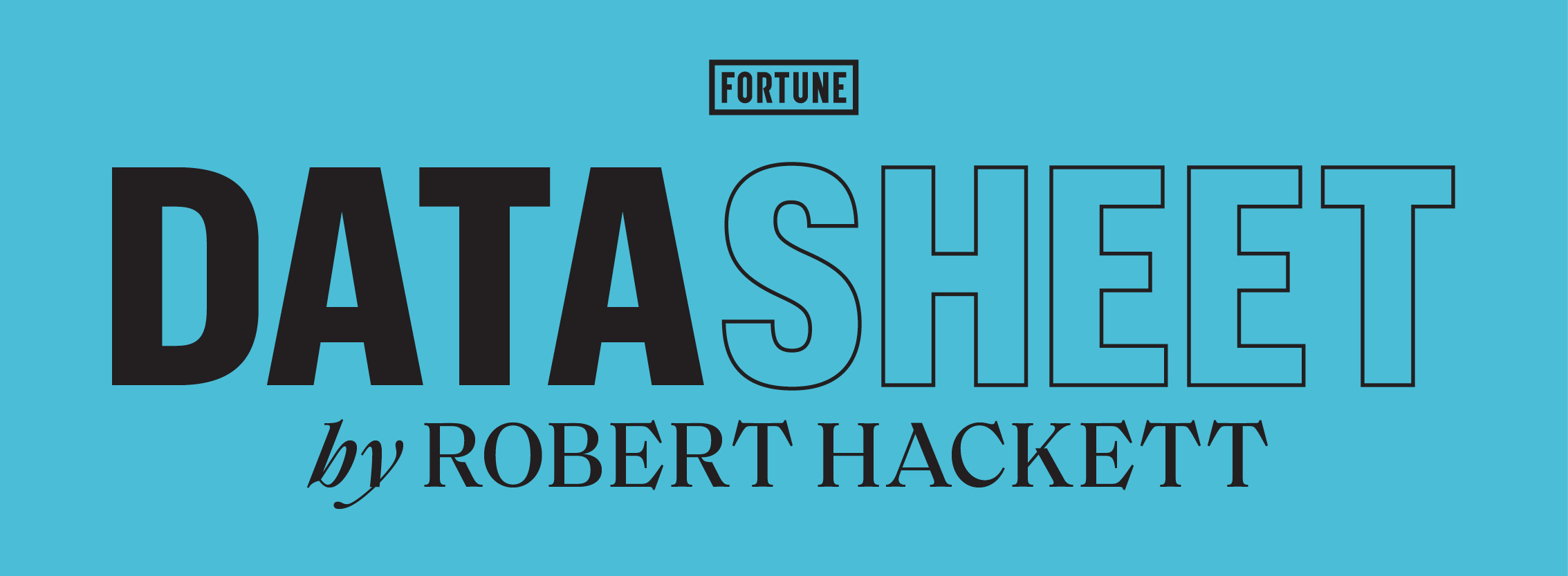COVID-19 is changing our behavior patterns
A crisis creates changes in behavior, and this leads to new opportunities.
Here’s an analogy using evolution. Sixty-five million years ago, dinosaurs dominated the Earth. Then, an asteroid hit and changed the environment so drastically that the slow, lumbering dinosaurs couldn’t adapt and they died off. That crisis made it possible for agile, furry mammals (you and me) to take over as the dominant species.
Today, business models and industries that can’t adapt to the new environment caused by COVID-19 will go extinct. This opens up opportunities for agile entrepreneurs to capitalize on this new, rapidly changing environment.
Every crisis yields entrepreneurial opportunities.
You need look no further than twelve years ago to our last major crisis: the Great Recession of 2008. Society’s growing distrust of large financial institutions led to startups like Square and Venmo. At the same time, technological advances combined with people’s need for extra income enabled the creation of the sharing economy and gave birth to companies like AirBnB and Uber... Not to mention the likes of Slack, Venmo, Square, Groupon, and many others.
The COVID-19 pandemic is even more disruptive and wide-ranging than the 2008 Recession.
Here are just a few of the ways that COVID-19 has changed our behavior:
- We’re all spending (much) more time at home;
- We are in social isolation, craving connection;
- We are much more conscious of our health, desiring safety;
- We’re concerned about how and where we will educate our kids;
- We’ve got more time for exercise, meditation and learning;
- We’re learning to do everything online;
- We're spending more time with family and kids;
- …Ultimately, we are taking on new hobbies, games and entertainment.
What are some challenges that you’ve experienced because of these and other behavioral changes? The opportunities you’re uncovering? Write them down. Each one is potentially a business opportunity to pursue.
COVID-19 is accelerating existing trends
The COVID-19 pandemic is also accelerating trends that were already afoot. Three of the most obvious examples are remote work, online education, and telehealth.
Remote work
Even before COVID-19, the share of people working remotely was increasing.
In the US, just 4.3% of the workforce worked remotely in 2010. That number increased to around 15% in 2019, and with COVID-19, it’s jumped to roughly 50%.
Zoom is one of the clear winners of this abrupt shift to remote work. But there could be a dozen platforms with even better features than Zoom.
For example, the $100 billion corporate conference and events market has effectively been put on pause because of the pandemic.
How can we use technologies like AI and VR to create engaging virtual events?
Can there be a Zoom for the corporate event market?
Online education
Global edtech investment soared to over $18 billion in 2019, and COVID-19 will accelerate this trend.
Practically overnight, more than 1 billion students worldwide have been affected by school closures.
How can we use AI and student data to make learning experiences more personalized and effective while students are at home?
What lessons can we learn from the video game industry to make learning more engaging and collaborative?
And the opportunity to create more effective online learning solutions isn’t confined to schools. Online learning also continues to increase its share of the $240 billion global corporate learning and development market.
Telehealth
Before COVID-19, telehealth had struggled to gain adoption among US consumers.
According to the consulting firm McKinsey, only 11% of consumers used telehealth in 2019. By April 2020, that number had increased to 46%.
Up to $250 billion of spend on outpatient and office visits in the US could be shifted from in-person care to virtual or near-virtual care in 2020.
How can you use exponential technologies to deliver effective healthcare to people who are living under quarantine?
For example, say a person is concerned about something and needs to see a dermatologist. How can you use AI and imaging technologies to deliver diagnostics?
COVID-19 widens the pool of available talent and assets
For the first time in several years, you have access to an abundant pool of amazing talent. You also have access to fallow assets that become available as companies shut down.
Finding and hiring great employees can be a bottleneck for startups even in a great economy. But due to the pandemic, millions of qualified and hard-working people are unemployed or underemployed.
The accelerating trend of remote work and the increasing adoption of digital collaboration tools mean that it’s easier than ever to access the global pool of talent.
For example, does it make sense to hire people in New York or San Francisco when you can find similar (or superior) talent at lower cost in other locations?
In regard to fallow assets, one of my Abundance360 members, Sangita Reddy, who runs the largest hospital system in India (Apollo), realized that empty hotels could be turned into hospitals with the addition of remote monitoring equipment.
Final Thoughts
The sheer number of problems and the opportunities they create means that you’re more likely than ever to find an opportunity that’s the right fit for you.
Here’s some additional inspiration: according to the US Census Bureau, the number of applications to form new businesses in the US increased by nearly 5% from Q1 2020 to Q2 2020. That increase represents over 40,000 new business applications.
I’ve always believed that the best way to predict the future is to create it yourself.
Now’s your time.











































